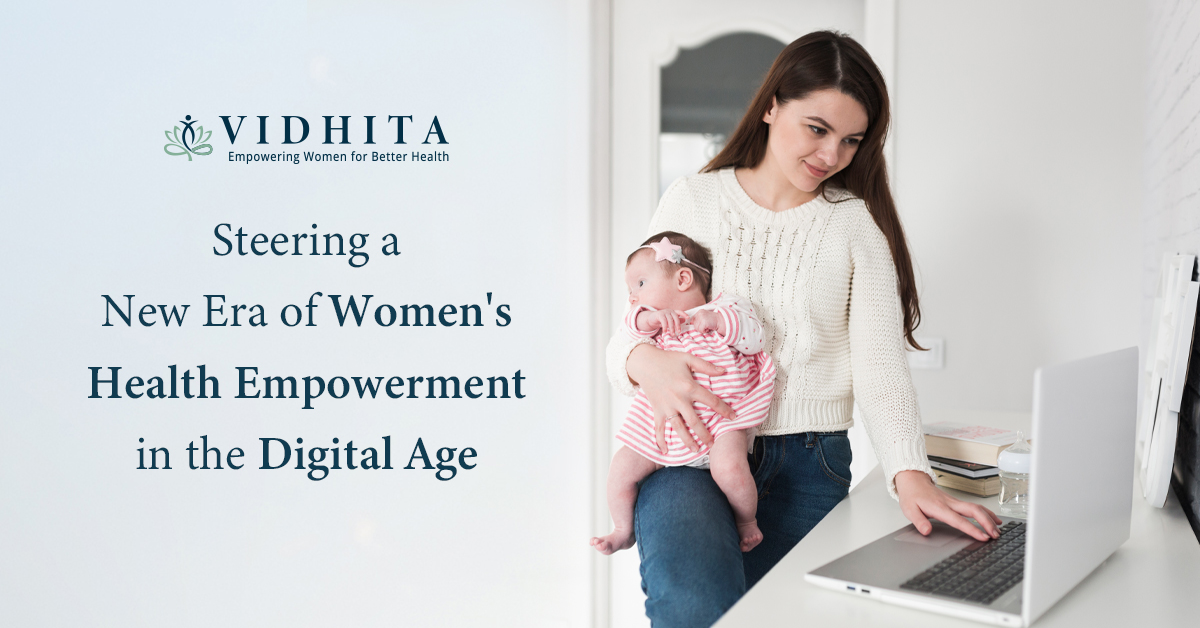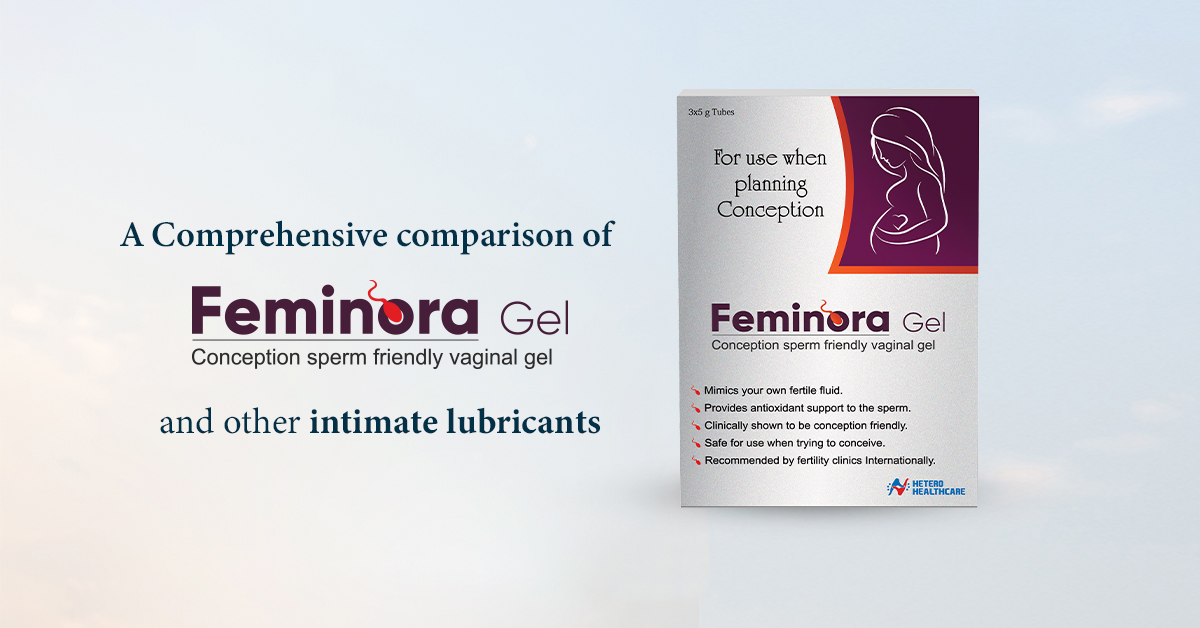PCOS and your diet - Here is what you need to know
Published on - 24 Sep 2022

PCOS is a metabolic disorder in women of childbearing age and can lead to fertility issues. Women with PCOS have higher androgens [male hormones] and are insulin resistant, which leads to weight gain around the abdominal area.
Abdominal fat is not healthy, as it increases your risk of heart disease and other health conditions.
Two ways in which diet affects PCOS are
- Insulin production and resistance
- Weight management
Risks with PCOS lead to weight gain
- Endometrial cancer
- High cholesterol
- High blood pressure
- Infertility
- Sleep apnea
- Type 2 diabetes
What to eat to lose weight in PCOS?
PCOS diet is one of the best ways to manage your insulin levels.
It is recommended that you consult your gynaecologist before you commence your weight loss diet.
The below tips may also help.
- Reduce carbohydrate intake - carbohydrates are known to impact your insulin levels. Hence, low carb and low glycemic diets are helpful.
- Limit salt and sugar - a home-cooked meal with less salt and sugar is the best thing to eat.
- Increase fibre - adding more fibre to your diet means you stay full for a longer duration, which means lowered insulin resistance; intake of vegetables, fruits, and whole grains also helps in lowering cholesterol.
- Eat consciously - when you are mindful of what you eat, your binge eating goes down.
- Don't undereat - skipping meals or eating in minimal portions is not going to help. Eat healthily and wholly.
What to avoid eating with PCOS?
- White bread and pastries
- Fast food
- Sodas and energy drinks
- Red meat











